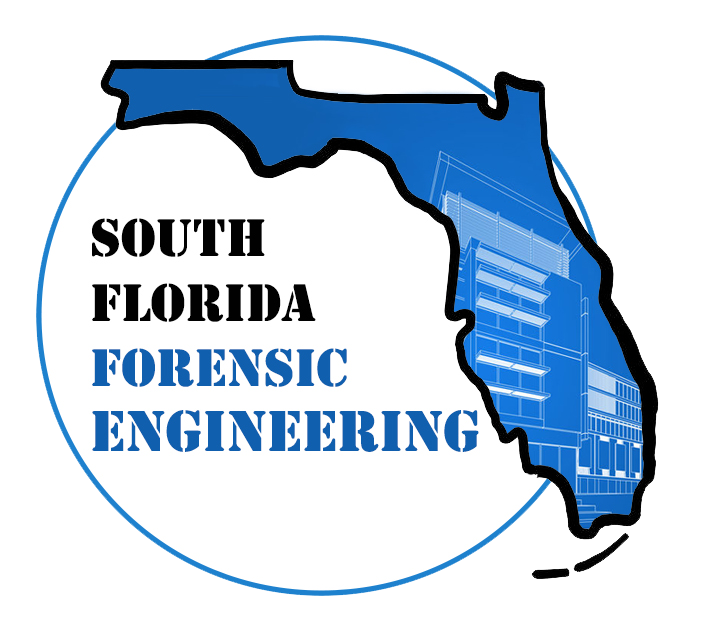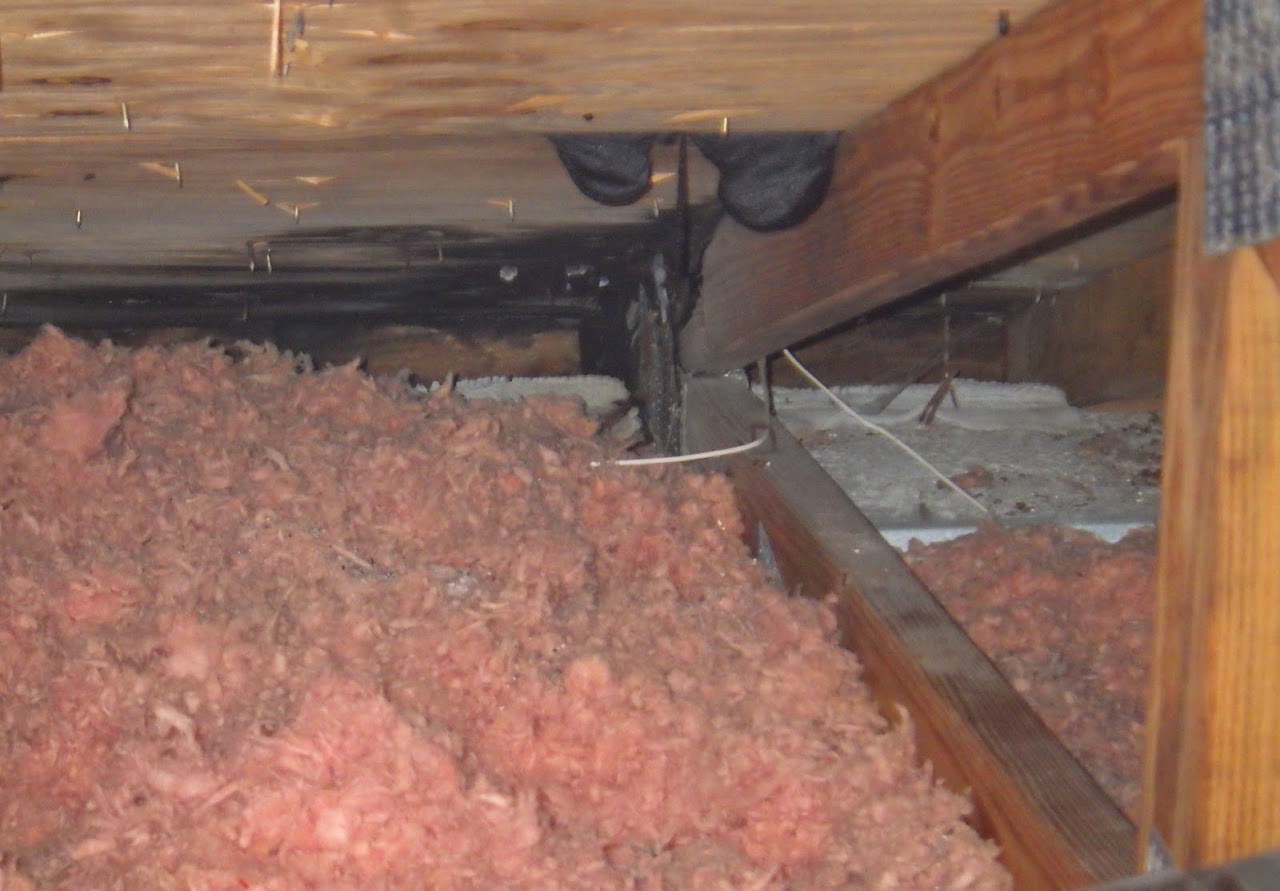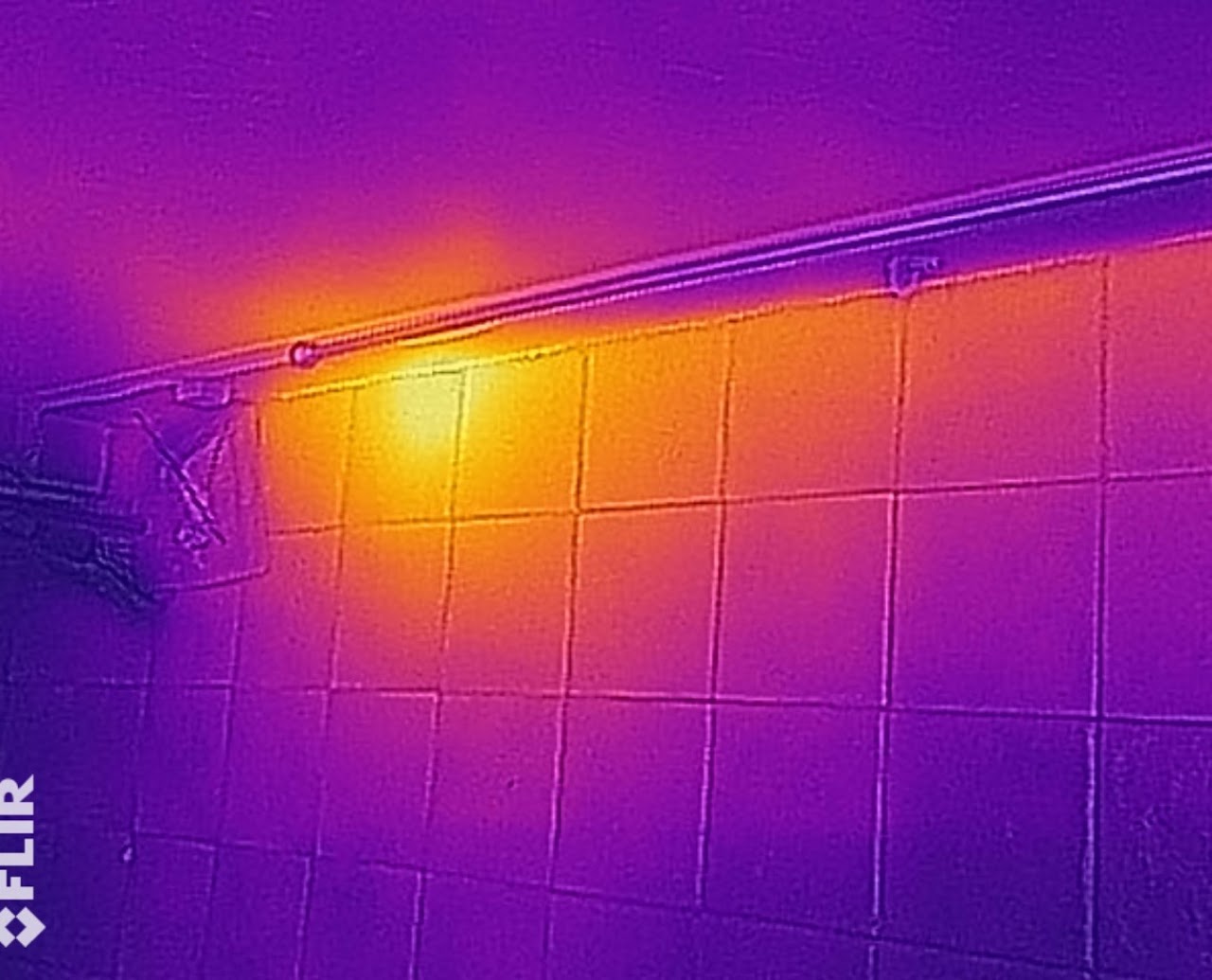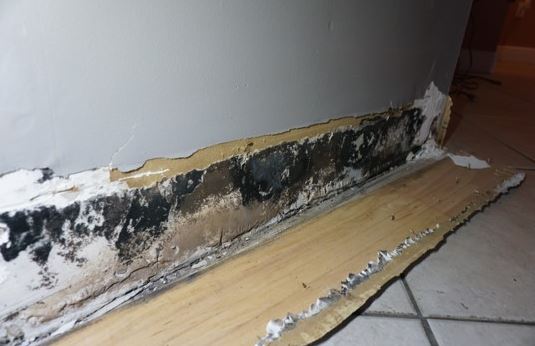
Building Inspections
Moisture Surveys
Forensic Engineering Inspections find and analyze patterns of high moisture to locate leaking components. Many potential kinds of leaks can expose a home or building to a range of moisture contents. A slow roof drip causes low-volume, intermittent moisture intrusion, while a sudden plumbing leak may result in saturated conditions in affected areas. The built environment also presents a range of substrates that may be encountered, from solid concrete to porous gypsum drywall.
Thermal Imaging
Our modern equipment and training enable us to inspect properties for hidden conditions that may go unnoticed by occupants. Imaging applications and testing techniques can detect latent conditions long before damage becomes extensive, averting costly repairs.
On this site assessment, our modern equipment and moisture mapping were able to locate a hot water pipe leak concealed below the floor tile, without removing interior finishes. The leak was affecting three floors of a luxury condominium and unit owners were able to implement a repair and settle the issue amicably.
Mold & Indoor Air Quality
Mold, or fungal growth, is a prevalent and contentious issue in Forensic Building Inspections. Fungi are essentially microscopic plants that reproduce by airborne spores, just like tree pollen. These spores are near ever-present in the air. If you leave a banana peel on the counter for a week or two, you will probably see primary colonizing mold colonies sprout up. This occurs as a result of airborne spores landing and germinating on the banana peel, which provides a nutrient-rich environment for fungal growth.
Fungal growth requires the presence of spores, water, Oxygen, and nutrients within a narrow pH range to initiate and proliferate. Nutrients are commonly absorbed by breaking down plant fibers called cellulose, which constitute “food” for the fungal growth. Cellulose is found all manufactured wood products; lumber, particle board, paper, even drywall. During construction or remodeling, we may reduce the available “food” for potential fungal colonization by choosing cellulose-free building products. Metal framing can be substituted for wood. Dens Armor Plus by Georgia Pacific is a paperless drywall. We have seen this innovative product utilized extensively in bathrooms, kitchens, plumbing chases, and exterior walls where high moisture levels are common.


